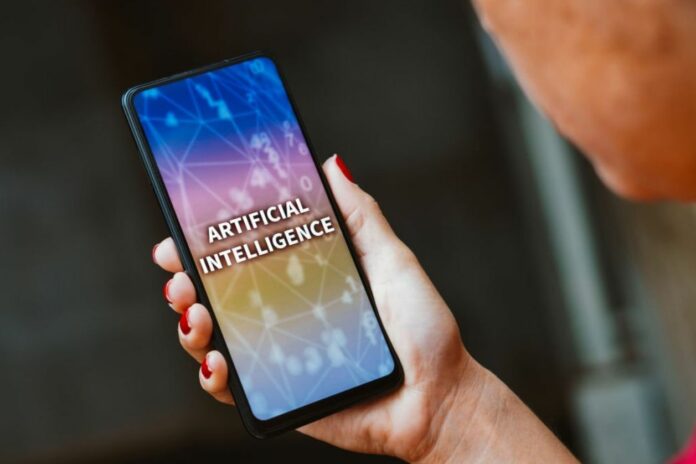The Loneliness Paradox: AI Can Help Us in Amazing Ways, But It Can Also Make Us Feel Isolated
A newly-published study reveals that professionals engaging regularly with artificial intelligence (AI) systems are prone to experience a sense of isolation. This solitude, in turn, often escalates into sleep disturbances and a tendency to consume alcohol post work hours.
Four studies were conducted in various parts of the world, including the U.S., Taiwan, Indonesia, and Malaysia, with the findings demonstrating consistency among different cultures.
The insights of the research are available online in the Journal of Applied Psychology.
Dr. Pok Man Tang, the primary researcher behind this investigation, has a personal connection with the subject matter. In a previous work, he was associated with an investment bank where he extensively worked with AI systems. This experience sparked his curiosity and fueled his desire to explore the repercussions of AI interaction on psychological well-being.
“The rapid advancement in AI systems is sparking a new industrial revolution that is reshaping the workplace with many benefits but also some uncharted dangers, including potentially damaging mental and physical impacts for employees,” remarks Tang. “Humans are social animals, and isolating work with AI systems may have damaging spillover effects into employees’ personal lives.”
The research also revealed that employees who frequently engage with AI systems have a propensity to lend a helping hand to their colleagues. However, this altruistic behavior might be an offshoot of their longing for social interaction borne out of loneliness.
Moreover, the research showed a striking pattern among individuals with elevated levels of attachment anxiety, characterized by insecurity and concern over social bonds. Such individuals exhibited amplified reactions to working with AI, encompassing both positive outcomes like increased helpfulness, and negative consequences such as loneliness and insomnia.
A noteworthy segment of the research involved surveying 166 engineers from a Taiwanese biomedical firm over three weeks. The study focused on assessing their sense of loneliness, attachment anxiety, and belonging. Their colleagues provided feedback on helpfulness, while family members reported on sleep patterns and after-work drinking habits. Results indicated that frequent engagement with AI systems correlated with increased feelings of loneliness, insomnia, and a propensity for after-work drinking, albeit coupled with heightened helpfulness towards peers.
A similar study was conducted with 126 real estate consultants in Indonesia. Half were instructed to abstain from using AI systems for three days, while the other half were encouraged to use them extensively. The outcomes were consistent with the Taiwanese study, although no link between AI usage and after-work drinking was observed.
Further affirmation came from an online survey involving 214 full-time workers in the U.S., and another study with 294 employees at a tech firm in Malaysia.
It is imperative to note that these findings establish a correlation and do not imply causation between working with AI systems and the observed psychological outcomes.
For the way ahead, Tang recommends that AI developers contemplate incorporating social attributes, such as human-like voices, to emulate interpersonal interaction. Additionally, employers could moderate the extent of AI usage and foster socializing opportunities.
Tang suggests that roles requiring social engagement and teamwork could be allocated to human employees, while monotonous and repetitive tasks could be assigned to AI systems.
“Mindfulness programs and other positive interventions also might help relieve loneliness,” Tang adds. “AI will keep expanding so we need to act now to lessen the potentially damaging effects for people who work with these systems.”
Image Credit: Rafael Henrique/SOPA Images/LightRocket via Getty Images
